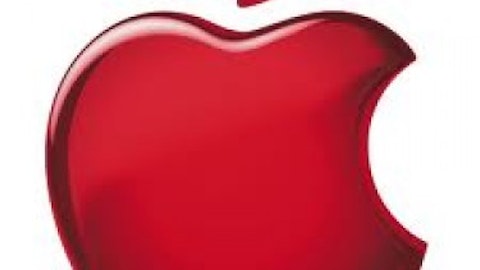Loyalty to big brands is nosediving. A recent study shows that consumers are increasingly switching to private-label goods. But some big-branded companies are defying the odds. Who are they, and how are they doing it?
Big brand infidelity
Big brands currently make up the vast majority of U.S. consumer-goods purchases, but private labels are projected to double their market share by 2025. Deloitte’s recent American Pantry Study looked at the state of big-branded food, beverage, and household good categories. Its survey showed that 90% of consumers are swapping out name-brand goods for private-label ones.
That’s causing a real problem for companies boasting some of the globe’s best-known brands, specifically those with declining loyalty for their categories, which I wrote about last week. But others appear insulated from private-label threats. In fact, the study found that brands in the candy and household-cleaner categories experienced a rise in loyalty.
Staying ahead of the curve
Name-brand manufacturers constantly create new products to fight back in the war on private-labels. Successful companies find ways to innovate their brands and get them into consumers’ homes. In addition to innovating, brands look for news ways to reach consumers, like expanding into emerging markets and leveraging mobile marketing.
For example, Hershey Co (NYSE:HSY) has been incredibly successful with its innovative Minis, recently launching Kit Kat Minis, Twizzlers Bites, and Jolly Rancher Bites. In miniaturizing its product sizing, the candy king has expanded margins. Hershey Co (NYSE:HSY) also recently opened an innovation center in Shanghai, reflecting the chocolatier’s commitment to Asia as a key growth driver. So far, it seems investments in innovation are moving the needle toward loyalty to their brands. Hershey Co (NYSE:HSY) stock has returned shareholders 38% in the past year.
Maker of Cadbury, Toblerone, and Milka chocolates Mondelez International Inc (NASDAQ:MDLZ) already boasts a delicious 41% of sales from developing markets, but it continually leverages its global distribution system to roll out new products in even more markets. The company also recently signed a global media agreement with Google Inc (NASDAQ:GOOG), which will concentrate on connecting with customers through their smartphones. The deal will focus on mobile search, websites, and display and will span 16 countries, with a special focus on emerging markets.
Household-goods giant and constant innovator The Procter & Gamble Company (NYSE:PG) boasts 25 brands that rack up more than $1 billion in annual sales. Despite the company’s recent shake-ups in top management, The Procter & Gamble Company (NYSE:PG) continually delivers the innovation that consumers have come to expect.
Its Tide brand, including Tide Pods, has been named a Pacesetter Product, an industry benchmark for new product launches, every year since 2005. Rival and fellow innovation award winner The Clorox Co (NYSE:CLX) recently developed a new technology, making its spray bottles work more effectively. The company is also tackling mobile with its myStain app, which allows consumers quick access to stain-removal tips.
Foolish final takeaway
So far, these category leaders seem immune from private-label threats. But will their luck run out? These companies must keep the creative juices flowing to retain and grow market share. Driving top-line growth for these categories leaders depends on ongoing product innovation and expansion into new markets.
The article How 4 Companies Are Dodging Impending Doom … for Now originally appeared on Fool.com is written by Nicole Seghetti.
Fool contributor Nicole Seghetti owns shares of Procter & Gamble and Mondelez International. Follow her on Twitter: @NicoleSeghetti. The Motley Fool recommends Google and Procter & Gamble and owns shares of Google.
Copyright © 1995 – 2013 The Motley Fool, LLC. All rights reserved. The Motley Fool has a disclosure policy.






